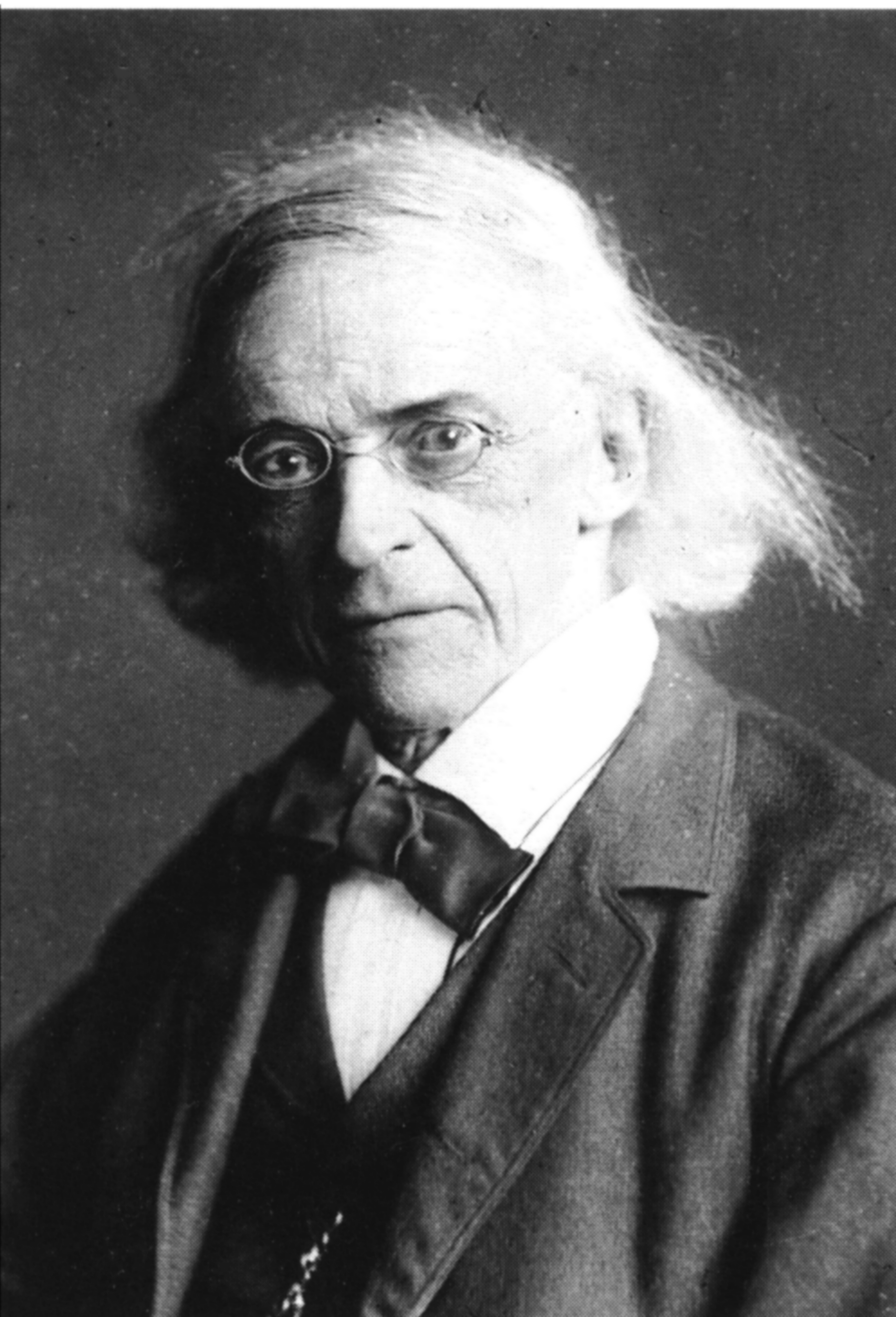Christian Matthias Theodor Mommsen bol nemecký historik a politik, nositeľ Nobelovej ceny za literatúru za rok 1903 ako vôbec druhý nositeľ tejto ceny. Patrí k najvýznamnejším osobnostiam antickej historiografie.
Pochádzal z rodiny nemeckého protestantského kňaza, narodil sa v Gardingu v Šlezvicku a študoval právo a klasickú filológiu u B. G. Niebuhra a J. G. Droysena. Po skončení štúdia získal štipendium na ďalšie vedecké štúdium vo Francúzsku a Taliansku. Študoval predovšetkým nápisné pamiatky a počas pobytu v Taliansku zhromaždil niekoľko tisíc nápisov, ktoré sa stali základom pre vydávanie súboru latinských nápisov z územia celej Rímskej ríše. Od roku 1825 začalo vychádzať dielo Corpus inscriptionum Latinarum, ktoré odborníci dopĺňajú dodnes a ktoré tvorí základ každej epigrafickej práce. Theodor Mommsen pripravil osem zväzkov z prvých pätnástich. Dnes je známych asi 300 000-400 000 nápisov.
Zoznámil sa aj s nápisom na trenčianskej hradnej skale, ale pôvodne ho dostal v takej podobe a takom prepise, že ho vyhlásil za falsum. Až neskôr dostal dokonalú kópiu nápisu, opravil svoj omyl, datoval ho približne do 2. storočia po Kr. a zaradil ho do svojho súboru . V roku 1921 sa nápisom zaoberal československý historik Josef Dobiáš a v roku 1954 sa v africkej Zame našiel nápis Marca Valeria Maximiana, ktorý umožnil opraviť čítanie trenčianskeho nápisu a doplniť ho o ďalšie údaje.
Wikipedia
✵
30. november 1817 – 1. november 1903
•
Ďalšie mená
Thieodor Mommsen
